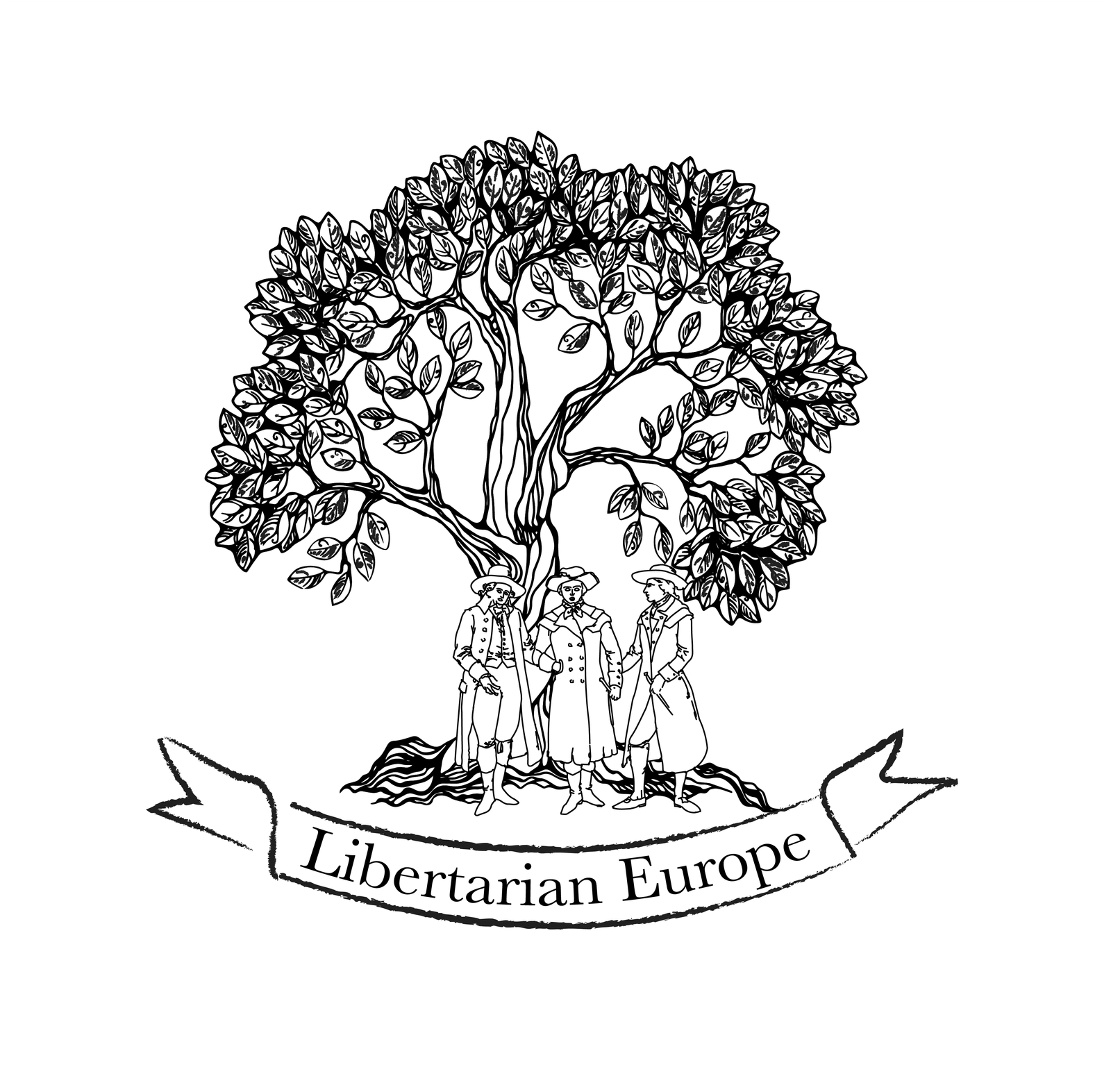
What is the market?
The market is a fundamental piece for the functioning of the economy, playing an important role in the allocation of scarce resources in society.
We often see the term ‘market’ being used by economists, journalists, politicians, and various other people. This term appears frequently in newspapers and on television, and it is very likely that you have heard it many times before. But although this term is used every day, few people really understand what it actually means.
A widely accepted definition of the market is:
Collection of buyers and sellers that, through their actual or potential interactions, determine the price of a product or set of products.
The market is where buyers and sellers meet to determine prices and quantities of products and services to be traded. These transactions can occur in a physical environment, such as a store or a market, or in a virtual environment, such as an online shopping site.
According to Rui Albuquerque, the market is the entire process of voluntary human interaction in the exchange of goods and services.
Albuquerque’s definition emphasizes that interaction in the market is a voluntary process, meaning that economic agents (buyers and sellers) decide freely to participate in commercial exchanges based on their own preferences and needs.
In addition, the definition also highlights that the market is not limited to the transaction of physical goods, but also includes the exchange of services and other assets, as mentioned earlier.
To better understand, let’s look at one of the many markets that exist:
The stock market is a market where the buying and selling of company stocks takes place. Buyers and sellers interact to determine the price of stocks. This market is important because it allows companies to raise capital for investments and expansion, and it offers investors an opportunity to make money through the appreciation of stocks and/or through dividends.
The market is essential for the functioning of the economy as it is the primary mechanism for allocating scarce resources in a society. It allows resources, whether they be financial, material, human, etc., to be distributed among economic activities. Through the market, it is possible to determine the prices of goods and services based on supply and demand, helping to guide production, distribution, and consumption to meet the needs of consumers.
In a free market, consumers are sovereign. They ultimately decide what will be produced and in what quantity. If a producer produces something that consumers do not want, they will not sell their products, and if this behaviour persists, they will go bankrupt.
Moreover, the market stimulates innovation and technological development, encouraging competition between companies and enabling the emergence of new products and services.
In summary, the market is a fundamental piece for the functioning of the economy, playing an important role in the allocation of scarce resources in society. Understanding how markets work is essential to understanding how the economy works.
References
Microeconomics 8th edition – Robert S. Pindyck and Daniel L. Rubinfeld
https://observador.pt/opiniao/eleicoes-e-partidos-uma-analise-praxeologica-da-direita/ (accessed on 04/12/2023).

